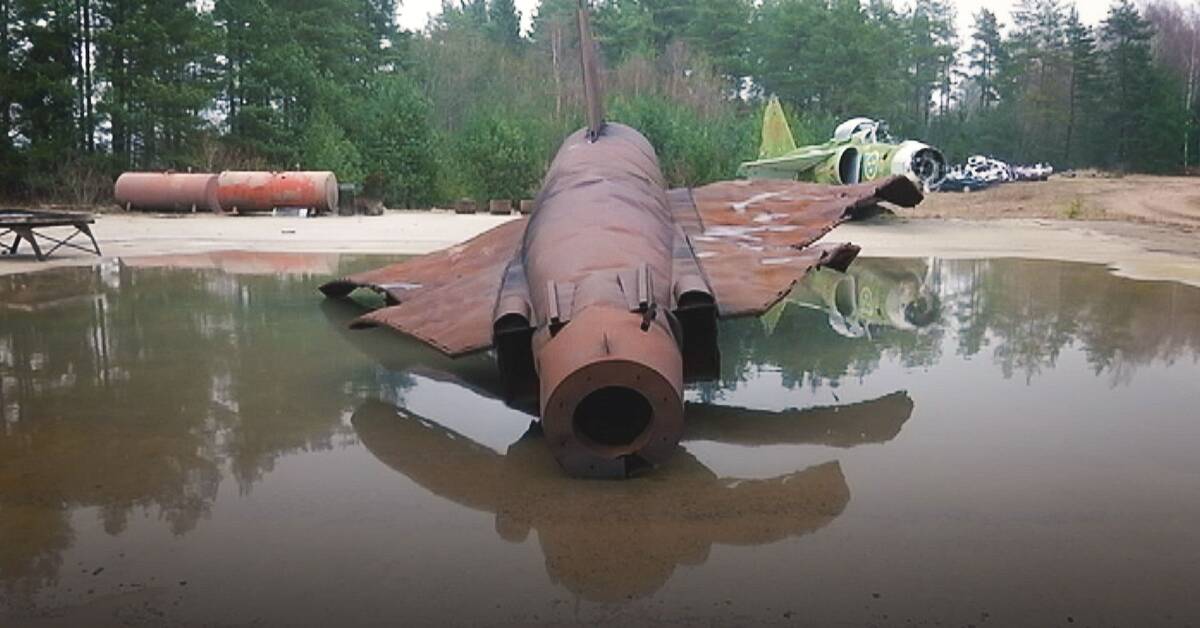December 16, 2013:
The Brantafors waterworks in Kallinge is closed after the municipal company Ronneby Miljöteknik discovered elevated levels of the now banned substance PFAS (poly- and perfluorinated alkyl acids) in the drinking water.
Spring 2014:
Sampling of residents in the area shows greatly increased levels of PFAS substances in the blood.
Several studies on the health effects of PFAS are starting to be carried out, at the universities of Lund and Gothenburg, among others.
27 November 2014:
The Swedish Armed Forces take responsibility for PFAS substances ending up in the drinking water.
It comes from fire foam that has been used at their training ground at the F17 airbase since the 1980s.
March 5, 2015:
Affected Kallinge residents form the PFAS association, whose purpose is to hold those responsible accountable through a legal process.
15 June 2015:
The government rejects the PFAS association's application for a grant to investigate the health effects of the elevated PFAS levels.
14 August 2015:
The PFAS association submits a claim for damages to the Swedish Armed Forces.
March 2, 2016:
A government investigation directs strong criticism at the authorities' work regarding the PFAS scandal.
May 30, 2016:
The defense has investigated how their employees were affected by the use of the fire foam.
However, the investigation is not made public.
July 20, 2016:
The PFAS association, with its 174 members, files a lawsuit against Ronneby Miljöteknik.
They believe that it is the municipality's responsibility to ensure that the drinking water is serviceable.
They choose not to sue the Armed Forces.
June 15, 2017:
The two parties meet in court for the first time.
Both agree that the issue should be raised to the Supreme Court, to decide which law should be applied.
26 June 2017:
Blekinge District Court decides to send the case directly to the Supreme Court.
13 December 2017:
The Supreme Court grants leave to appeal
14 June 2018:
The Supreme Court decides that Miljöteknik's supply of municipal drinking water is covered by the Product Liability Act.
July 27, 2019:
The PFAS association wants Ronneby municipality to sue the Armed Forces because of poisoned drinking water.
But Ronneby municipality has no plans to follow the call.
November 18, 2019:
It turns out that several of the authorities were aware of the risks of PFAS substances, according to an investigation by Sveriges Radio's program Kaliber.
February 4, 2020:
The government demands that the Swedish Armed Forces develop an action plan on how PFAS-contaminated sites should be handled.
The action plan must be ready by June 1 at the latest.
June 1, 2020:
The PFAS-contaminated areas cannot be cleaned, writes the Swedish Armed Forces in an action plan to the Ministry of Defence.
10 September 2020:
Around 160 Kallinge residents are plaintiffs in the civil case.
During the trial, it will be decided whether the municipality has any responsibility for damages towards the victims.
However, late submission of evidence led to the postponement of the proceedings until February 2021.
October 12, 2020:
The PFAS association accuses the municipality of having lied and concealed what contacts they had with the researchers at Occupational and Environmental Medicine, before the evidence that postponed the trial was submitted.
November 25, 2020:
The district court decides that Miljöteknik may not submit any new evidence after January 8, when they can be assumed to be trying to delay the legal process.
February 8, 2021:
The trial begins again.
April 13, 2021:
The district court announces its verdict - Ronneby miljöteknik must compensate those affected for personal injuries.
This has happened in the PFAS case
2022-12-20T12:02:32.970Z

Who is actually responsible if residents drink toxic or contaminated tap water? The issue has been brought up to date after the PFAS case in Kallinge.
Source: svt
